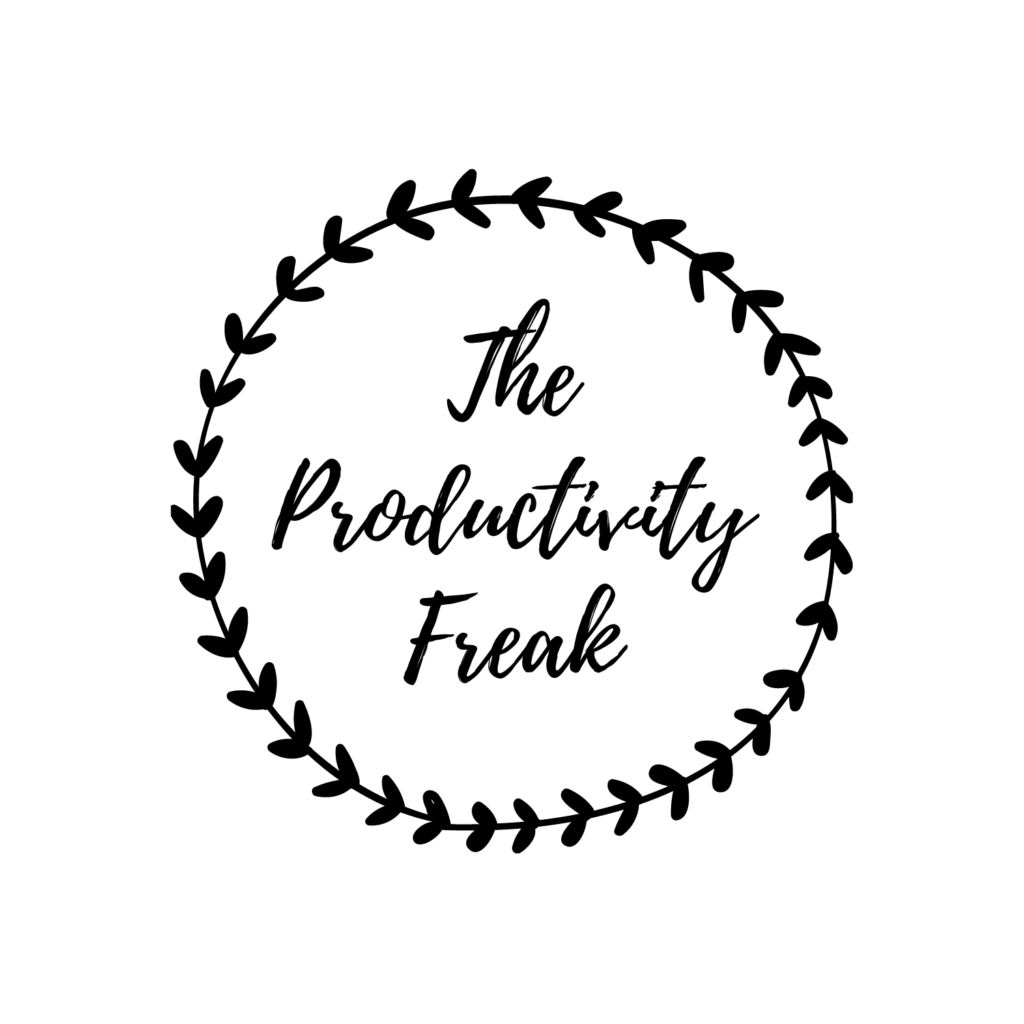Group Discussions are widely used by many companies while recruiting their staff, for brainstorming ideas, coming to unanimous decisions, etc.
But most commonly they are used in Interviews for filtering the candidate applications.
Commonly known as GDs, they help the recruiter in judging your communication, listening, creativity, and time management skills.
Now, you might be having all these skills. However, the recruiter is not going to know you personally.
That is why you need to be able to integrate all of the skills you possess in the 10 minutes that are usually given for a GD round.
This becomes a little tricky since you will not know what topic is going to be given at the time of the interview.
A basic format of a group discussion is:
- The first minute is given for preparation
During this time you can collect your thoughts about the topic and arrange them in a logical sequence.
You may write down some points in your diary, but generally, the time is not sufficient.
So, your focus should be on assimilating your thoughts.
If there’s time left you could write them down.
- The next 8 minutes are given for the discussion
During this time all the participants of the GD, begin the discussion.
You should be assertive while putting forward your points, however, also be patient and listen to the points of the other participants.
Remember that a group discussion is not like a debate. It is not necessary to take any sides; you could agree on something and disagree on other points.
Also, don’t forget to make a note of all the questions you may have, which you can ask at any point in time to any of the participants.
- That last one minute is given for the conclusion
The organizer of the GD will be keeping time.

A busser or bell will ring when the last minute of the round is left. After the bell rings, any of the participants could give a conclusion.
Many have this misconception that the participant who starts and the one who concludes gets the most marks.
However, that is definitely not the case.
The marks allotted to you are given on the creativity of your points, listening, communication, and various other skills.
So, don’t get demotivated if you couldn’t introduce or conclude the topic, there is no extra advantage for it.
After all, only one out of all participants will get to introduce/conclude.
The format mentioned above should tell you that cracking a Group discussion is not a child’s play.
But if you apply the methods that I give you in this post. It is definitely going to be a cake walk for you.
Table of Contents
- Stay updated with the Current Events
- Keep Reading Informative Books and update your General Knowledge
- Watch Interviews/Debates on news channels
- Practice Mock Group Discussions
- Learn to be a Good Listener
- Think about the topics that you could be given
The most important thing you need to remember in the case of a GD is, there is no right or wrong, you need to give your opinion and thoughts on the topic.
You will be judged on how far your thoughts go and how creative you can be.
So, without further ado, let’s get started.
#01 Stay updated with the current events
You need to have an idea of what is going on around the world.
Now, I am not saying you need to know everything to the T.
To give you an example of the current situation, you don’t have to know the exact number of COVID cases in each country.
However, you should know about the various steps being taken by different countries to combat the virus, the ongoing developments of the vaccine, etc.
This will not only give you an edge over the other participants, but it will also give you more confidence.
Another tip here would be to stay more in touch with the current events in that area of the job you are applying for.
For instance, if you are applying for the job of an accountant, you should definitely know about all the current events.
But you should try to have a more detailed understanding about the economics of the country, the role of the finance function in the economy, etc.

If you are applying for the job of a sports manager or for a position in a sports organization, you should have a more detailed knowledge of the current events taking place in the sports industry.
The topics that are generally given in an interview GD relates either to the business of the company or to your job description.
But, at times there are some topics that are given purely to test your thought process and your creativity.
And this brings me to the second point.
#02 Keep Reading Informative Books and update your General Knowledge
For you to be able to put forward good points in the discussion, you need to have a lot of general knowledge.
And you will get this knowledge by reading.
Did you know, the top business leaders spend over 6 hours a week only reading.
And this is not casually reading a book before going to bed.
You need to sit down with your book and another diary for making notes.
This is called deliberate learning.
You may have finished your formal education; however, you need to keep educating yourself and updating your knowledge to stay in your A-game.
The world is changing every second. That is why you should also know about all the updations that take place on a daily basis in your field of work.
This vast treasure of knowledge that you will possess will help you in putting forward some amazing points during the group discussion.
Your horizons will also broaden as you amass more and more knowledge and this will not only help you in preparing for GDs but will also help in your professional development.
It is very popularly said,
“Knowledge is Power”
So, don’t stop learning after receiving your graduation degree, instead, you should keep learning till your last breath so that you never stop growing and developing 🙂
#03 Watch Interviews/Debates on news channels
The way you communicate your point across in a discussion is also observed in the case of every participant.
You need to be assertive yet humble enough to not offend anyone.
And what better way to sharpen these skills than to watch the professionals at work themselves.
My favorite TV Debate is the 9 pm show with Arnab Goswami on
Republic TV.
But you don’t have to choose one particular channel, you could tune in to any of the news channels at your convenience that is telecasting a debate or interview at that time.
The channels I do suggest is BBC News, CNBC, Republic TV and Times Now.

There are also various debates, mock parliaments, group discussions, etc. on YouTube.
Just type “debates/group discussions” in the search bar and you will get a wide list of videos to select from.
You are not only going to learn communication skills, but you will also be updating your general knowledge at the same time.
#04 Practice Mock Group Discussions
Reading books, watching the news is all great. But unless you don’t apply what you are learning, it is not going to have the desired effect.
You need to also practice before you can actually appear for the final round.
Now, how exactly should you practice since you need at least 5-6 people as participants?
For improving your communication skills there are often established clubs and associations that meet up either weekly or fort nightly.
If you are someone from Mumbai, you could join “The Lions Club” or
“The Toastmasters Club”.
Inquire about the clubs established in your area and consider joining them. You will get a lot of experience in public speaking, communication, etc.
Moreover, you will also make a lot of friends from different backgrounds ?
If you are a college student, I am certain that there will be at least 2-3 forums on public speaking and group discussions.
You should definitely join them as it will help you tremendously in toning your soft skills.
What if you are not in college and also don’t have any clubs nearby?
Go SOLO!
Yes, that’s right.
Select a topic and start timing yourself.
1 minute for preparation.
8 minutes for discussion.
1 min for the conclusion.

Discuss the points you have thought about imagining that there are people around you.
Also think about the different questions that could be asked by the other participants and also answer them.
Lastly, give a precise conclusion.
If possible, you could record yourself and watch it later to judge how well you have performed.
Also, note down the points you need to improve on and keep practicing them.
How many GDs should you practice before the actual round?
Ideally TWICE.
The first one will be the practice GD and the second one will be to consciously try to improve on the points that you were lagging behind in.
For instance, if you felt that your tone was too aggressive in the first round, in the second round try to consciously work on the way you deliver your thoughts in the discussion.
However, if you are falling short of time, try to practice at least 1 GD before appearing for the final round.
#05 Learn to be a Good Listener
As you sharpen your presentation skills, you should also give an equal amount of importance to your listening skills.
The way I practice this is actually a little non-conventional.
Whenever, I am talking to someone casually, to a friend or a relative etc., I try to listen to them as attentively as possible.
And as they are speaking, I interject at different points to confirm whether my understanding of what they are saying is correct.
I find this method very simple and effective.
You don’t have to sit down at your desk specifically, to improve your listening skills.
Just be mindful when you are having a conversation with someone and try to recollect all that they had spoken about after you have finished talking.

Having good listening skills will help you raise a lot of interesting questions, which can be discussed by the panel. And you will surely be awarded extra points.
Another point that I want to mention is that, when you are asking questions, you don’t have to counter and disagree with that participant like it is done in a debate.
You can agree on some things that he/she has said while disagreeing on some others.
Also, you can and should make notes during the discussion while other participants are speaking.
If you have written down the points of other participants while asking questions you can exactly point out what that participant had said.
This way you are projecting yourself to be completely engrossed in the discussion which is always a good sign for the judges.
Remember, that group discussions are held not only in case of selecting a candidate for a job.
They are also very widely used by almost all companies in arriving at a consensus in relation to a particular decision or for brainstorming business ideas, etc.
So, all of the above-mentioned points should not only be practiced keeping your interview in mind but also the innumerable discussions you will be having with your work team.
#06 Think about the topics that you could be given
After you have taken action on the above tips, now you need to sit down and think about the topics that could be given in the interview.
You could use various sources for this, Google and YouTube are always there.
However, in case you know any of the employees already working in the company you are applying for, they would give you the best guidance.
Make a list of topics that could be given as per your research. You could have 5 or 10 or even 20 topics, don’t worry, you don’t have to prepare a speech for all.

After you have made that list, go through each topic slowly and think about all the points that you could say, if it comes in the discussion.
You should have at least 4 points for each topic.
You could come across some topic, in case of which you are just not able to think of anything.
When this happens do a little bit of research on that topic (don’t spend too much time) and accumulate a few points, so that you are ready in case that topic comes.
But all this being said, always be ready for SURPRISES!
When I was applying for my first job, I had done everything I have just explained to you.
I was applying for the position of an accounting intern and had made a long list of topics relating to economics, accounts, audit, etc.
And do you know the topic that we actually got?
“Size Matters”
That’s right. That was the topic.
I was shocked too. But like I said, sometimes topics maybe given just to test your thought process and creativity.
When such topics are given, remember that there is no set answer, nothing right or wrong. It depends on the group of participants to take the discussion in the direction they wish too.
So, that is it from me.
I hope this article has provided all the guidance you need for preparing for your interview group discussion.
In case you are preparing for your interview, you should also definitely go through the article on the 10 Things you should do before ANY Interview
We’ll meet again with another insightful article.
Until then, Happy Reading ?





One thought on “How to Prepare for Group Discussions (GDs)?”
Comments are closed.